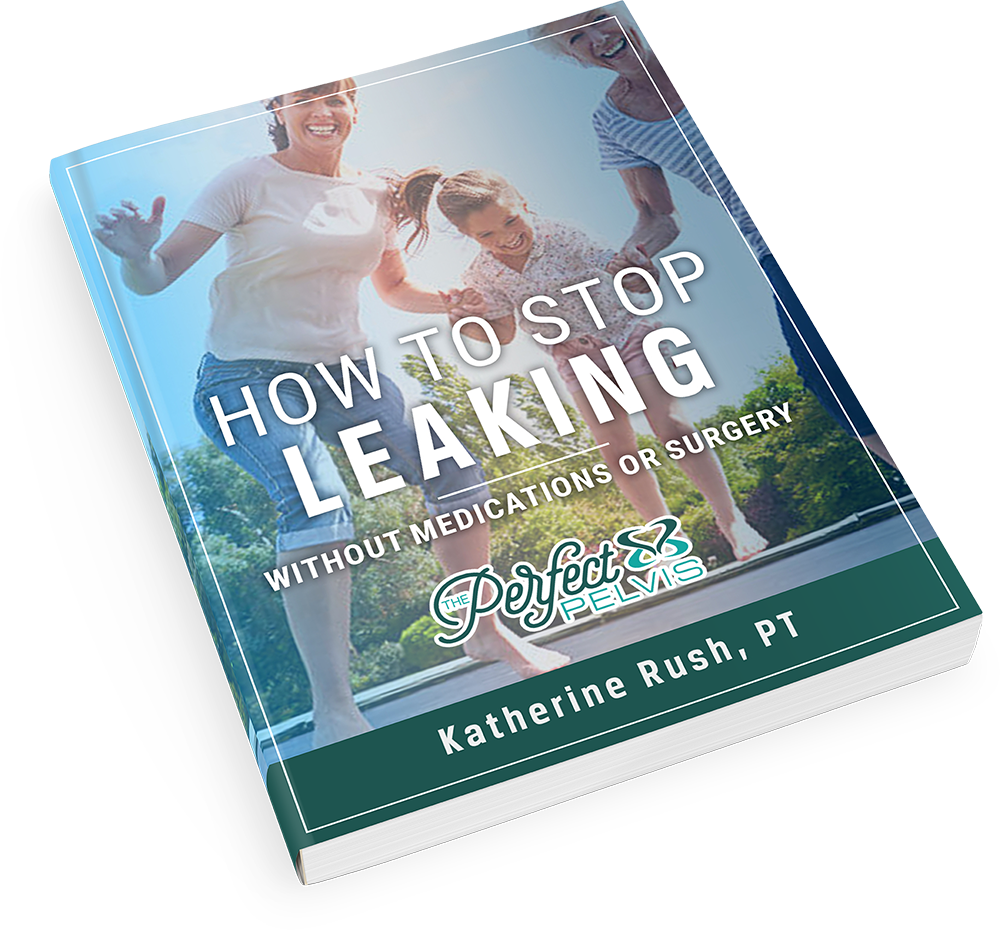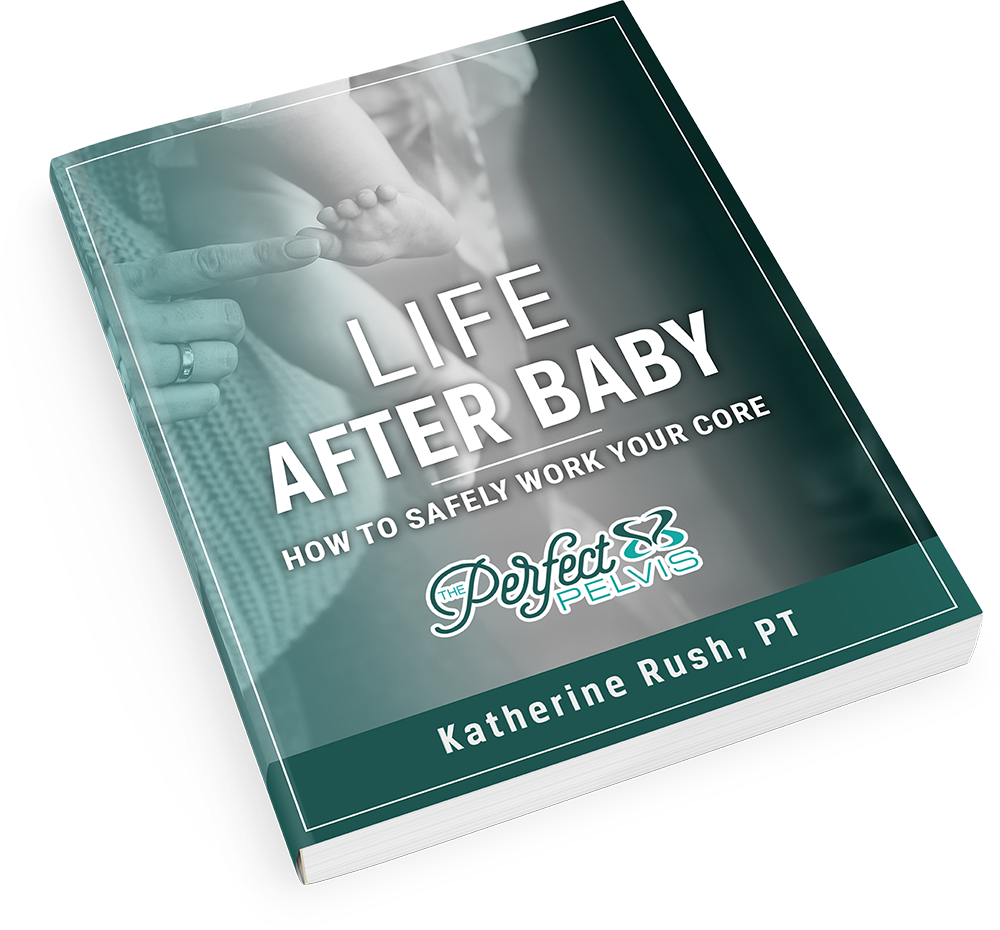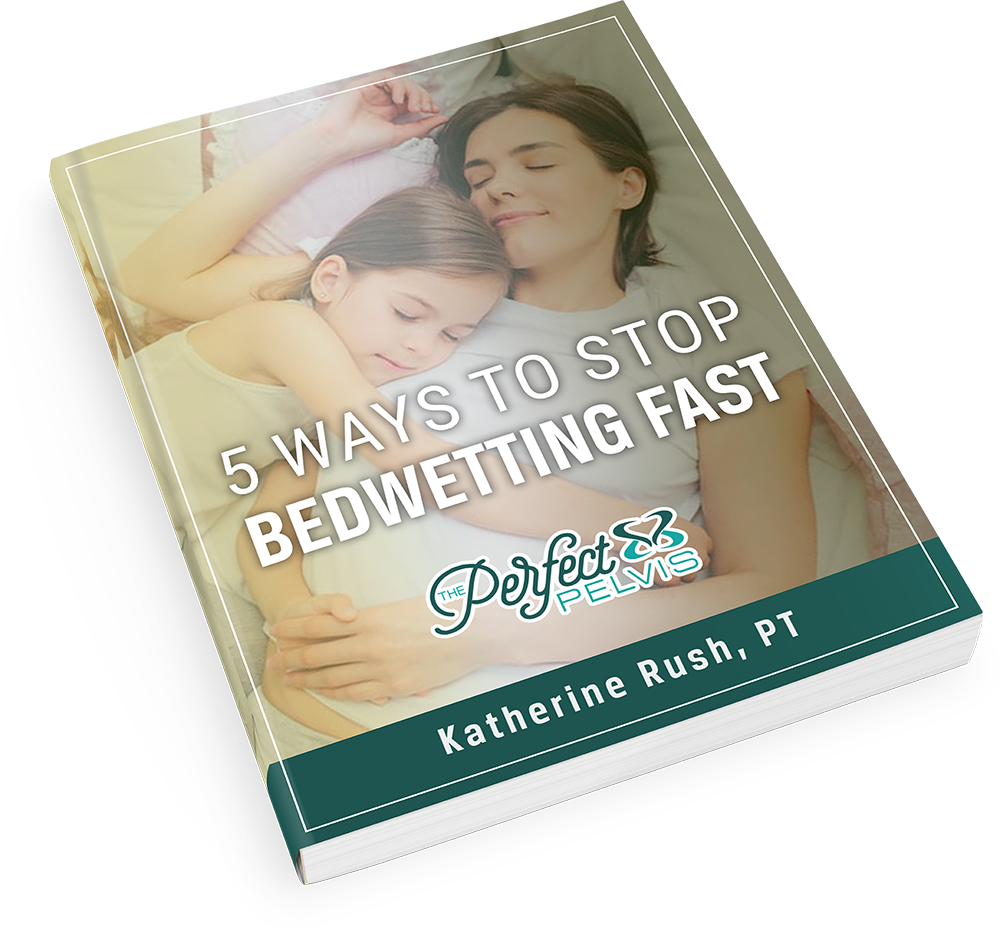Incontinence is a condition that affects millions of people around the world and can have a profound impact on one’s daily life. There are several different types of incontinence, including urge incontinence, overflow incontinence, functional incontinence, and mixed incontinence.
Urge incontinence is when an individual experiences a sudden and overwhelming urge to urinate followed by an involuntary loss of urine. Overflow incontinence occurs when the bladder cannot empty completely leading to continuous leakage of urine.
Functional incontinence occurs when an individual does not recognize the sensation associated with needing to pee or has difficulty getting to the bathroom in time due to physical limitations such as arthritis or dementia. Mixed incontinence combines symptoms from two or more of the other types.
Fortunately, incontinence can be treated with physical therapy as part of a comprehensive treatment plan. Physical therapists help individuals strengthen their pelvic floor muscles and improve bladder control through exercises such as Kegels, bladder training, and biofeedback.
Additionally, physical therapists can help address any contributing factors to incontinence, such as obesity or muscle weakness that may be causing the condition. With the right approach and commitment to physical therapy, individuals can better manage their incontinence and make daily life more manageable.
What is Stress Incontinence?
Stress incontinence is a type of urinary incontinence that occurs when physical movement or activity, such as sneezing, laughing, coughing, or exercising, causes a sudden strong urge to urinate. It is the most common form of urinary incontinence in women due to pregnancy, childbirth, and menopause.
It is important to understand the type of incontinence that is bothering you in order to seek proper treatment. Symptoms of stress incontinence include an involuntary loss of urine during physical activities such as coughing or sneezing and an urgent need to urinate even if your bladder isn’t full.
Stress incontinence can be embarrassing and lead to social isolation if left untreated. Treatment options may include lifestyle changes, physical therapy, medications, or surgery. Your doctor can help you decide which treatment is best for you.
Seeking treatment for your stress incontinence will help improve your quality of life and reduce any discomfort you may be feeling.
It is important to understand the type of incontinence that is bothering you in order to seek proper treatment. Your doctor can help assess which type of urinary incontinence you are experiencing.
Stress incontinence is the most common form, but other types include urge incontinence, mixed incontinence, overflow incontinence, functional or reflex incontinence, and total incontinence.
Stress incontinence symptoms typically involve an involuntary loss of urine during physical activities such as coughing or sneezing and an urgent need to urinate even if your bladder isn’t full.
3 Things To Know About Stress Incontinence
1. Stress incontinence is caused by weakness or damage to the pelvic floor muscles which support the bladder and urethra, leading to urine leakage when performing activities that cause a sudden increase in abdominal pressure (such as coughing, sneezing, laughing, or exercising).
2. Treatment options for stress incontinence include lifestyle changes such as avoiding foods known to trigger bladder problems, doing pelvic floor muscle exercises regularly, avoiding heavy lifting and other activities that put a strain on the abdomen, and using absorbent products for extra protection.
3. Women are more likely than men to suffer from stress incontinence due to pregnancy and childbirth causing physical changes in their pelvis which can weaken the muscles of the pelvic floor. However, men can also suffer from stress incontinence as a result of prostate problems.
How Can Physical Therapy Help With Stress Incontinence?
As physical therapists, we can play an important role in helping individuals manage stress incontinence. By working with patients to increase strength, endurance, and coordination of the pelvic floor muscles, physical therapy can help individuals improve their control over urinary leakage.
Pelvic floor exercises that are tailored to the individual’s needs can be used to strengthen the muscles in order to prevent or reduce the episodes of leakage. Additionally, patient education is key as understanding the underlying cause of the issue and providing strategies on how to avoid it is essential for the successful management of stress incontinence.
It is important to note that stress incontinence is a treatable condition – however, recognizing it from other types of urinary incontinence is essential for proper treatment. Stress incontinence is caused by physical exertion such as coughing, sneezing, or lifting heavy objects.
It can also be associated with pelvic floor weakness due to childbirth or aging. In contrast, urge incontinence is related to sudden and uncontrollable urges to urinate while functional incontinence occurs when there is an underlying medical issue such as difficulty walking that prevents the person from getting to the bathroom in time.
Finally, understanding the difference between stress incontinence and other types of urinary leakage is important for proper treatment. While both forms of urinary incontinence involve involuntary leakage of urine, they have different causes and require different treatments.
Additionally, it’s important to note that some cases of urinary incontinence may be a combination of both stress incontinence and another type, so it’s important to see a physical therapist for proper evaluation and diagnosis. By understanding the different types of urinary incontinence, physical therapists can provide the best possible care for their patients.
Want to Take The Next Steps In Treating Your Stress Incontinence?
Are you struggling with incontinence, looking for solutions, and wondering what the next steps are in treating this problem?
Then feel free to schedule a free phone consult, or contact us to arrange a $57 Incontinence Screening. You can also feel free to give us a call at 816.607.3747 (We still like to talk on the phone!)
We love to keep people in Lee’s Summit, mobile, active, and off pain pills – let our expertise go to work for you to help you stay happy and healthy.
Don’t forget, you can schedule a no-obligation (and free!) phone consult or visit us at our Lee’s Summit clinic as part of your $57 Incontinence Screening. Or just give us a call at 816.607.3747.
We look forward to hearing from you,
Katy Rush, PT
Other Free Resources To Help With Incontinence
Download our free report – 5 Ways To Stop Bedwetting Fast
Read our blog- This Could Be Making Your Struggle With Incontinence Worse
Follow Us On Social Media – Facebook, Instagram, Twitter, and LinkedIn








